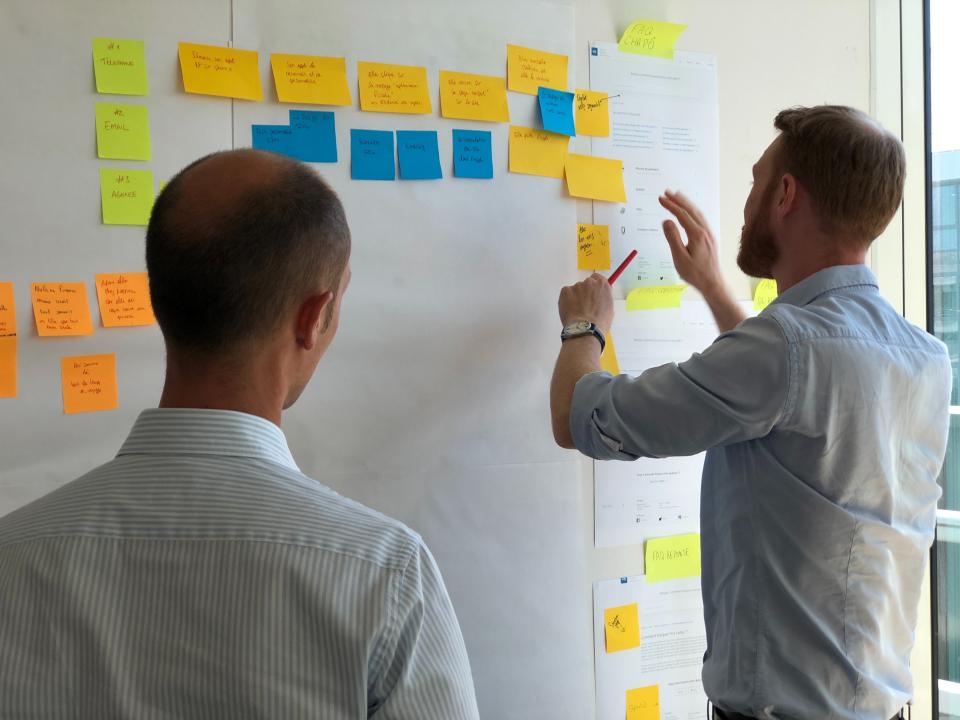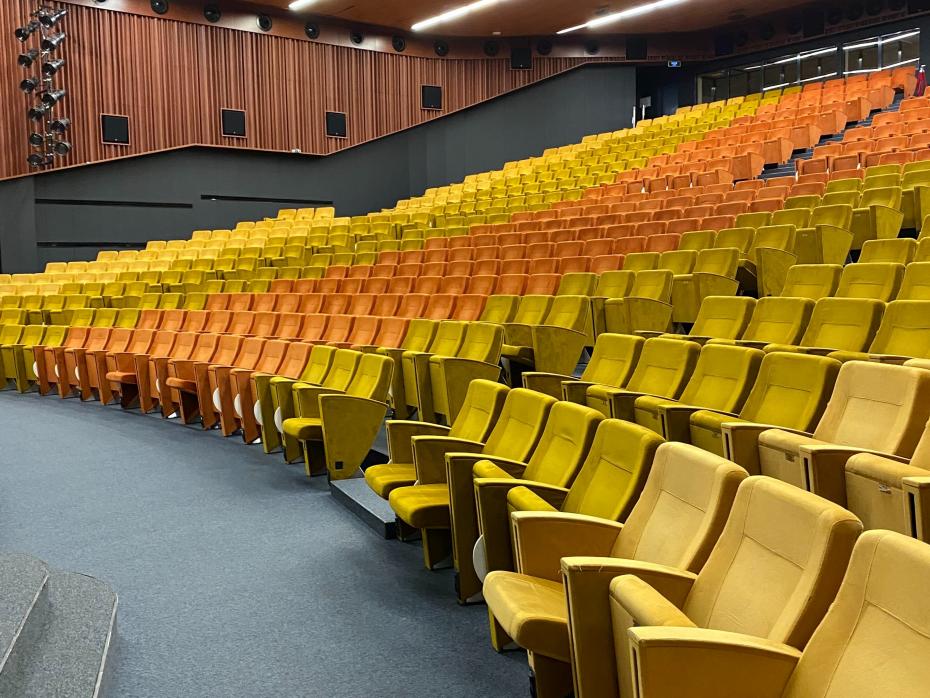Hello, my name is Gunter Saunders and I’m associate director, digital engagement and library services, at the University of Westminster.
I’ve previously taught microbial genetics and have used a range of digital teaching approaches to do this. Currently, my role is to oversee support for other academic staff in their use of digital technologies and tools in teaching.
In this short video, I will talk about how we currently go about providing such support.
Our support in the current situation is necessarily different to what we would normally provide. At the present time, our focus has been on just-in-time basic online learning design principles and approaches to the delivery of learning online.
Alongside this, we’ve provided a rolling programme of workshops focused on supported learning tools and how they work, illustrated by short case studies of how others have or are currently exploiting these tools as part of their overall learning and teaching design strategy.
Our development and training programmes are open to everyone who teaches. Though, naturally, there are a proportion of staff who, as experienced exponents of digital teaching or because they have a local responsibility for learning and teaching, are more contributors to the programme than consumers of the know-how and experience that we can offer.
In designing and delivering our programme of development training and support, the following elements of how we work have been key in helping us to engage effectively with the wider academic staff base:
-
Organise training development and support through local champions and where possible contextualise what is provided to the academic subject area concerned.
-
Emphasise the impact of basic design principles that underpin effective online learning, but do not go too deeply into the theory behind practice.
-
Bring in external experts to help persuade on effective practice in online learning.
-
Cut through the plethora of learning tools that may become available to academic staff and emphasise the logic in using a core set of supported options.
-
Provide a reasonable mix of group workshops and one-to-one clinic-type sessions to troubleshoot digital capability issues staff may be facing.
-
Keep workshops relatively short and provide alternative ways for academic staff to gather the knowledge and understanding they are seeking – for example, through self-directed learning packages, instructional videos and other online or in-application help resources.
-
Support academic staff by supporting their students through some introduction to online learning.
These, then, are the top seven most important elements of success that I can think of when approaching the design and delivery of a programme of training and development for academic staff, when essentially there is no time.
However, it’s not just seven; there is actually an eighth that I would include as perhaps the most important. Not only for now but critically for post-Covid, if one assumes that everyone will not go back to doing exactly what they used to do.
So, the eighth element is to have an overall objective to help academic staff become digitally self-sufficient, so that they will be better able to cope with the inevitable changes in technologies that will continue to come at them, as we return to more face to face.
Paramount here will be to promote the capability and confidence to engage in new technology-driven approaches to teaching face to face.
Ideally alongside this will come future-proof course redesign programmes that embed digital approaches meaningfully across all aspects of curriculum delivery and the student experience.
Thank you.
This video was produced by Gunter Saunders, associate director of digital engagement and library services at the University of Westminster.




comment